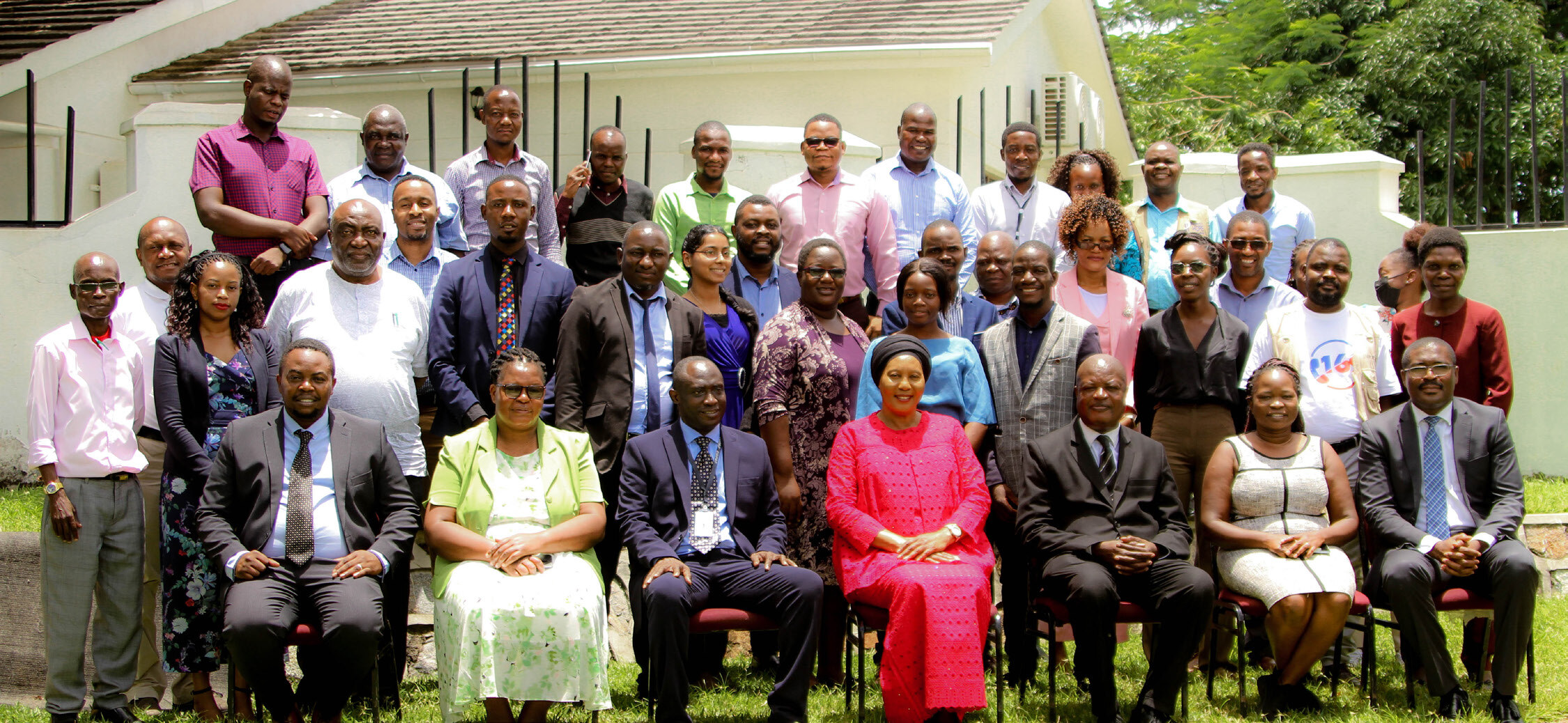Fourteen percent of people living with HIV (PLHIV) in Malawi are estimated to have advanced HIV disease (AHD) (UNAIDS, 2020). “These are human beings,” said Dr. Eddie Matiya, AHD Project Lead, Elizabeth Glaser Pediatric AIDS Foundation (EGPAF) in Malawi. “These are not just numbers.” For these clients, living with AHD translates to living with a higher risk for morbidity associated with opportunistic infections (OIs) and thus a higher rate of mortality in comparison to PLHIV without AHD. As part of the Bill and Melinda Gates Foundation (BMGF)-supported initiative to combat AHD, Malawi implemented a quality improvement collaborative (QIC) where work improvement teams (WITs) from over 40 health care facilities across the country met every three months between April 2021 and February 2023 to exchange knowledge and experience as they conducted quality improvement (QI) projects to strengthen AHD services through five key performance indicators.
The QIC culminated in a Harvest Meeting where all facilities and representatives from multiple levels of the health system came together to identify the most promising practices for improving AHD services. This briefer summarizes the key takeaways from this culminating Harvest Meeting that represents months of learning and, in the words of a poster presenter Grace Misinde (WIT member from Mua Mission Hospital, Malawi), how “we have learned from our friends” across the health care facilities and teams working together in the AHD QIC to strengthen the quality of services for people living with AHD.




